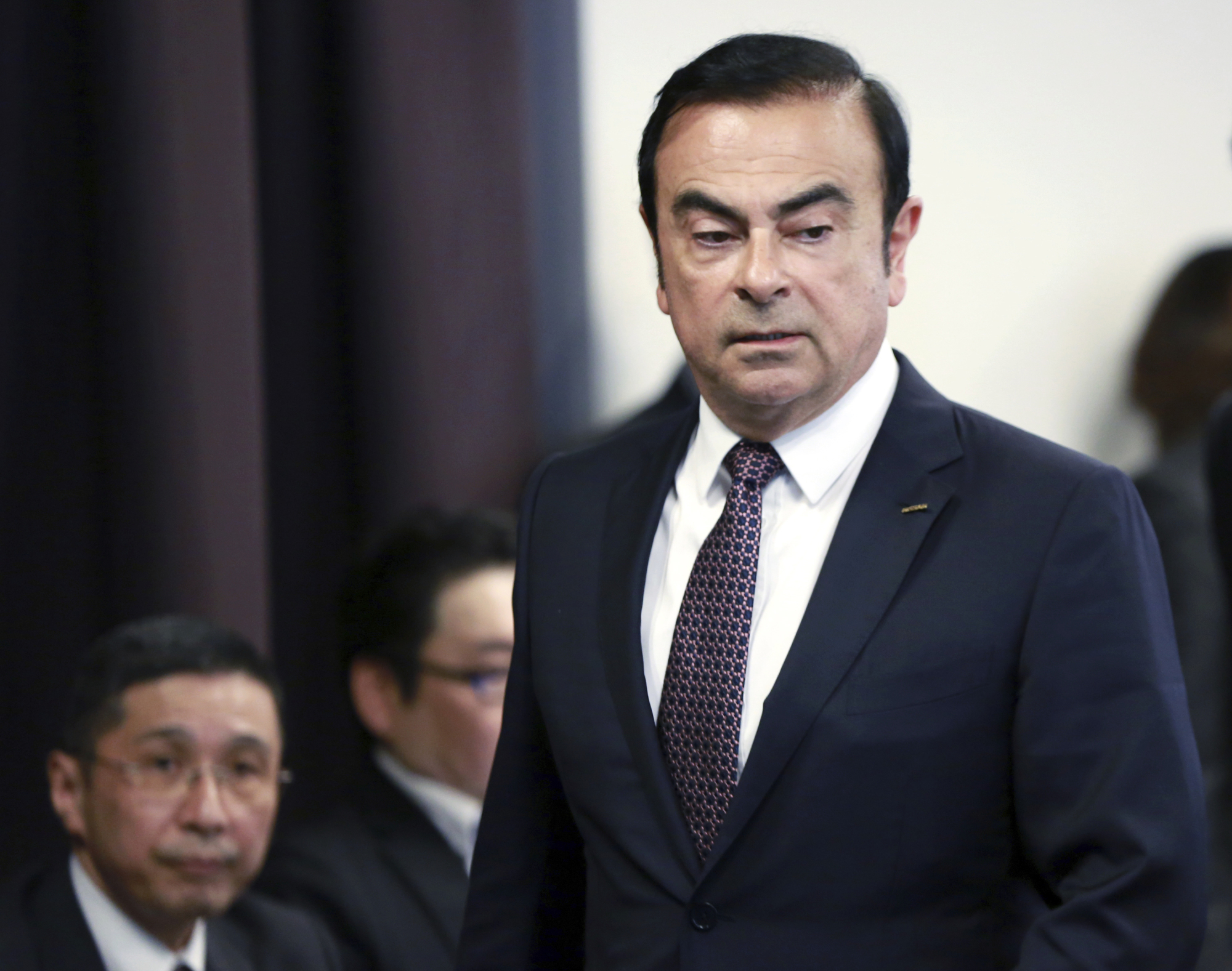Japan's prosecutors recently threw the chairman of Nissan Motor Co., one of the country's largest auto manufacturers, into a jail cell. Carlos Ghosn, a Brazilian-born executive with French and Lebanese citizenship, has been accused of falsifying financial reports and hiding $44 million of personal income.
As my Bloomberg Opinion colleague Joe Nocera explains, Ghosn is unlikely to receive anything resembling justice. Officially, under Japanese law, a suspect can be held and questioned for 23 days without being charged. During this time he can be interrogated for as long as eight hours a day with no lawyer present. Unofficially, the holding period is much longer, because after the 23 days are up, the police can just re-arrest you for an additional crime and start the clock over again — Ghosn has already been re-arrested. Eventually, like almost all suspects in Japan, he will probably be forced to sign a confession, regardless of whether he is guilty.
Many will take this as a sign of Japanese xenophobia — Japan Inc. bringing down a foreigner who got too powerful. But Japan often does similar things to native-born executives. A decade ago, internet entrepreneur Takafumi Horie was sent to prison for insider trading (though he continued to assert his innocence). Around the same time, Yoshiaki Tsutsumi, a railroad and hotel magnate, pleaded guilty and was jailed for fraud.


















With your current subscription plan you can comment on stories. However, before writing your first comment, please create a display name in the Profile section of your subscriber account page.